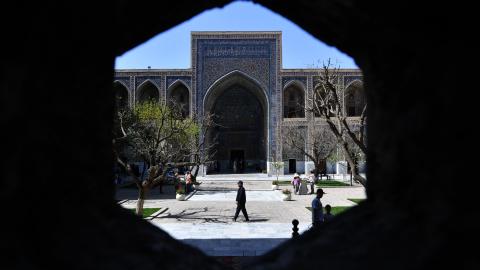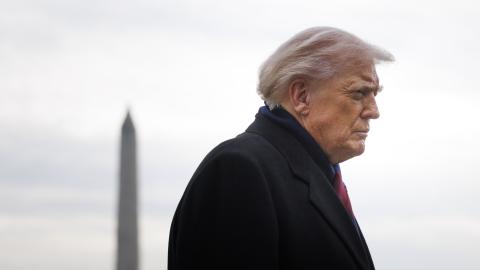Blasphemy laws are among the greatest impediments to democratic evolution in the greater Middle East. Not limited to criticisms of Islam's Prophet Mohammed, or the realm of the Divine, they are also used by prevailing powers and those with Islamist agendas to crush political dissidents and scholars engaged in intellectual debate. Carrying the death penalty or other harsh punishment and inviting vigilante retribution, the crime of blasphemy has become an indispensable tool of repression in that region.
Saudi Arabia regularly brings blasphemy charges (or one of its variants, such as "using Western speech") against those who speak out of turn. Recent examples include democracy activists who proposed substituting a written constitution for the Kingdom's slogan that "the Koran is the constitution," and a school teacher who instructed his class to be tolerant of Jews.
Revolutionary Iran, which has put to death thousands for blasphemy and shut down hundreds of newspapers, has turned the practice into an art form. One who made the mistake of translating into Farsi the Universal Declaration of Human Rights was killed on the Declaration's 50th anniversary. Another famous case of a Shiite professor highlighted the usefulness of the charge to silence critics of clerical rule. At his July 2004 trial, he declared he was being punished for "the sin of thinking."
Afghanistan still criminalizes blasphemy. A journalist who argued against the criminalization of heresy was found guilty and barely escaped with his life. Karzai's only female cabinet member was charged with blasphemy for criticizing blasphemy and other Islamic rules, and, though never tried, was ousted by death threats.
Once blasphemy is introduced into the law, it becomes almost impossible for the system to reform itself. Western leaders should be pressing these Middle East governments to drop their legitimization of blasphemy, not contemplating whether to adopt it here.

















